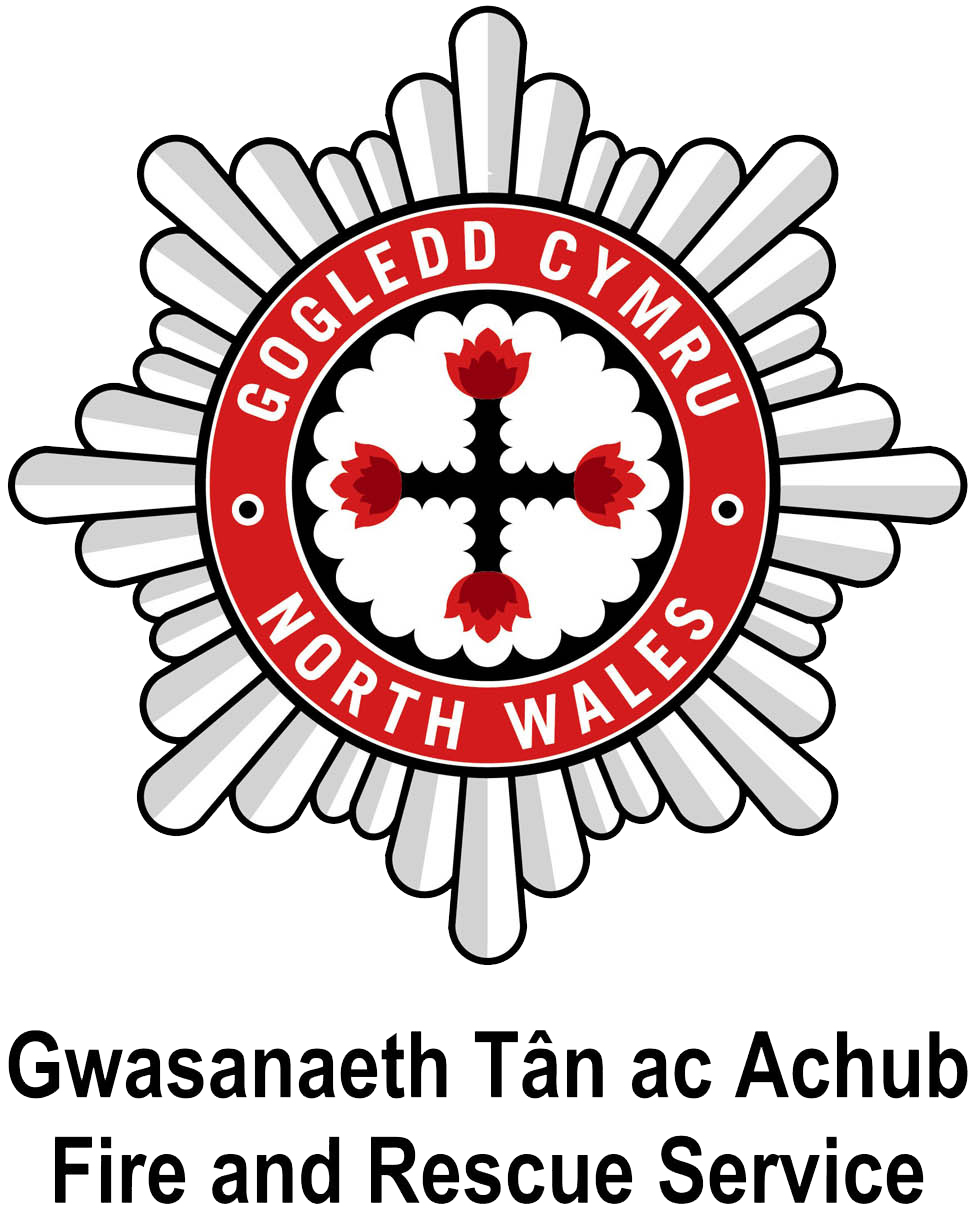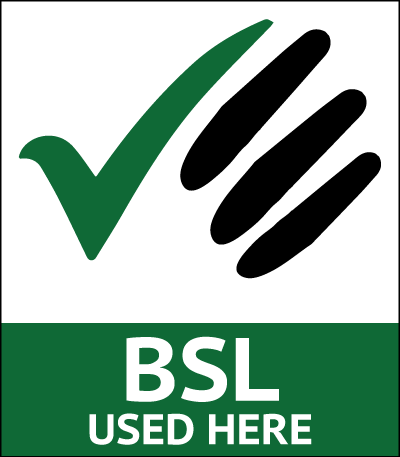Eid al Adha
Eid ul-Adha is the latter of the two Islamic holidays celebrated worldwide each year. It honours the willingness of Ibrahim to sacrifice his son Ismail as an act of obedience to God's command. Before Ibrahim could sacrifice his son, however, Allah provided a lamb to sacrifice instead.
Who Celebrates Eid ul-Adha in the UK?
With nearly 2.8 million Muslims living in the United Kingdom, which equals about 4.8% of the population, Islam constitutes the second largest religion in the country, after Christianity.
The largest Muslim community can be found in London. The municipalities of Bradford, Luton, Blackburn, Birmingham, and Dewsbury also have significant Muslim populations.
How is Eid ul-Adha celebrated in the UK?
On Eid ul-Adha, Muslims in the UK usually start the day by performing ghusl, a full-body purification ritual. They then dress in their finest outfits and attend a prayer service at an outdoor prayer ground or the local mosque. Afterward, it is customary to embrace and wish each other Eid Mubarak, which translates as “have a blessed Eid,” give gifts to children, and visit friends and relatives.
One of the central rituals on Eid al-Adha is Qurbani, the act of sacrificing a sheep, goat, or cow. According to Islamic rules, the animal must be an adult and in good health, and British law additionally mandates that the animal must be killed in an official slaughterhouse. The meat is then divided between family, friends, and the poor. Other Muslims give money to charity to give poorer families the chance to have a proper Eid feast. Mosques or other groups may arrange communal meals.
Eid ul-Adha has a celebratory character, and the day may be rounded off by visiting funfairs or festivals held for the occasion in some British cities.
Initiatives to improve the quality of life or opportunities in Muslim communities around the United Kingdom may be launched on Eid ul-Adha. Some mosques also hold study days or lectures on aspects of Islam and Islamic history.
Eid ul-Adha Food
In contrast to Eid ul-Fitr, which is nicknamed the “Sweet Eid” for its variety of sweet dishes, Eid ul-Adha is often called the “Salty Eid” because the feast includes mainly savoury food. While the composition of the feast in the UK largely depends on the cultural background of the family, the main ingredient is usually the meat from the slaughtered animal: mutton (adult sheep), chevon (adult goat), or beef (adult cattle).
Popular dishes include Kebab (boneless cooked meat), Haleem (a stew usually made from meat, wheat, and lentils), and Biryani (a spicy meat and rice dish originally from India). The meal is usually rounded off by a sweet dessert, featuring cakes, biscuits, or sweet pastries like Turkish baklava.
Eid ul-Adha
Eid ul-Adha ('Festival of Sacrifice') is one of the most important festivals in the Muslim calendar.
The festival remembers the prophet Ibrahim's willingness to sacrifice his son when God ordered him to.
When is Eid ul-Adha celebrated?
Eid ul-Adha is a public holiday in Muslim countries. Eid ul-Adha will be celebrated in the month of June.
Hajj
Muslims celebrate Eid ul-Adha on the last day of the Hajj. The Hajj is pilgrimage to Makkah in Saudi Arabia. It occurs every year and is the Fifth Pillar of Islam (and therefore very important).
All Muslims who are fit and able to travel should make the visit to Makkah at least once in their lives.
During the Hajj the pilgrims perform acts of worship and renew their faith and sense of purpose in the world.
They stand before the Ka'bah, a shrine built by Ibrahim, and praise Allah together.
Every year around 2 million Muslims from all over the world visit Makkah for Hajj.
The Ka'bah
The Ka'bah is the most important monument in Islam. Pilgrims walk around the Ka'bah seven times and many of them try to touch the Black Stone located at the corner.
Fire Safety during Eid ul-Adha
The risk of fire can increase during major religious festivals like Ramadan, Eid ul-Fitr and Eid ul-Adha and there may be additional risks that you should also be aware of. Cooking and eating form important parts of these events so kitchen safety is particularly important during these celebrations, don’t forget to follow our fire safety advice.
Cooking fires are the biggest cause of accidental house fires in the home but for those observing Eid ul-Adha cooking for large groups of people at unusual times, especially when combined with fatigue, can be extra challenging.
We want to wish all members of the Muslim community well during this very important time but we want to take the opportunity to stress the need to remain vigilant to the fire risks in the home during this time, particularly when it comes to cooking in loose fitting clothing.
This is a really important time in the Islamic calendar, we want to ensure that people stay safe from the risk of fire, and take into consideration the safety and wellbeing of both themselves and other members of their family.
Eid ul-Adha - Fire Safety Tips
- Ensure you have smoke alarms on every floor of your home - test them weekly to make sure they work.
- We urge people to be extra careful that their clothing is kept well away from naked flames stay alert while cooking and make sure scarves and sleeves are out of the way. They can easily catch fire.
- Never fill more than one third of your cooking pan with oil
- If the oil starts to smoke, turn off the heat and leave it to cool
- Never leave your cooking pans unattended with the heat switched on
- If a fire does start don’t try to fight it yourself. Get out stay out, and call 999
A few fire safety essentials to keep in mind during Eid ul-Adha include:
- Cooking– Half of all house fires start in the kitchen, so take extra care when cooking, particularly with hot oil – it sets alight easily.
- Oversized pots – they can be handy when cooking for large groups of people, but using several oversized pots on a gas cooker can cause a build-up of carbon monoxide, which can be deadly.
- Karrai dishes – avoid filling them more than 1/3 full with oil. When cooking with hot oil be vigilant. If the oil starts to smoke, do not add food. Turn the burner off and allow it to cool.
- Never throw water on a burning pan– in the event of a fire get out, stay out and call 999.
- Keep loose clothing tied back. Clothing ignites easier than you may realise, so ensure scarves or long sleeves are a safe distance away from the hob. You should also ensure tea towels, cloths or electrical leads are a safe distance away from hobs also.
- Have a working smoke alarm on every floor of your home– test them weekly to make sure they work.
- Do you have one?
- Is it working?
- Do you know what to do if it goes off?
- Does the rest of your family or friends know what to do?
Having a working smoke alarm is a great start to being fire safety conscious in the home but it is vital everyone who is staying with you knows what to do if it goes off too.
Plan your escape route, practise your escape route, and make sure you share it, so that in the event that the worst happens everyone knows what to do.

